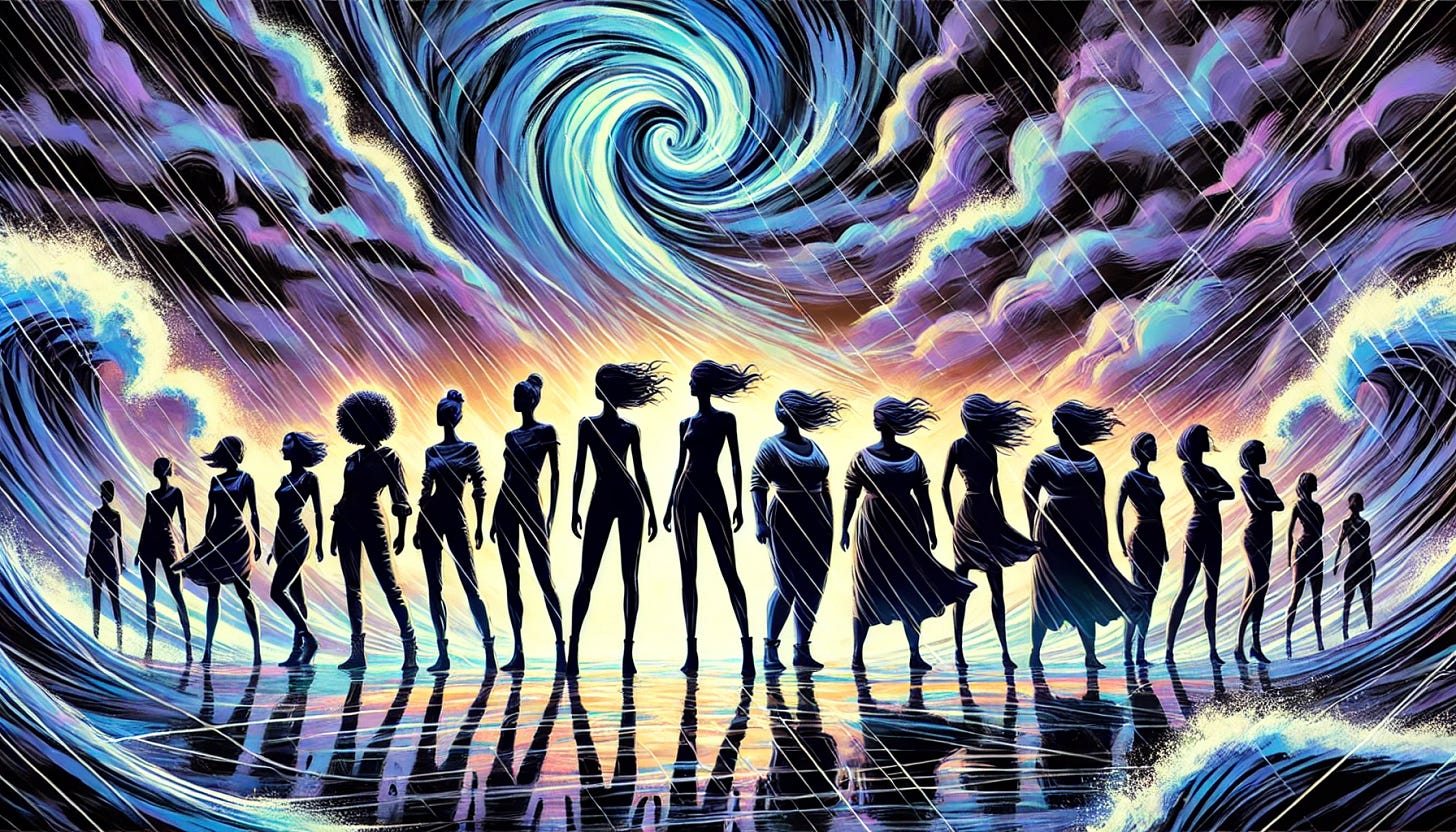The Deception of Gender Ideology: Its Impact on Women and Girls
Patriarchy thrives when women disassociate from their womanhood.
During my grad-school years, I was fully immersed in the bubble of “progressive” ideas and wholeheartedly advocated for gender ideology. I believed, like so many others, that I was standing with a marginalized community. But every now and then, something just didn’t sit right with me. I started to notice the cracks in the narrative, but I kept quiet. It…




